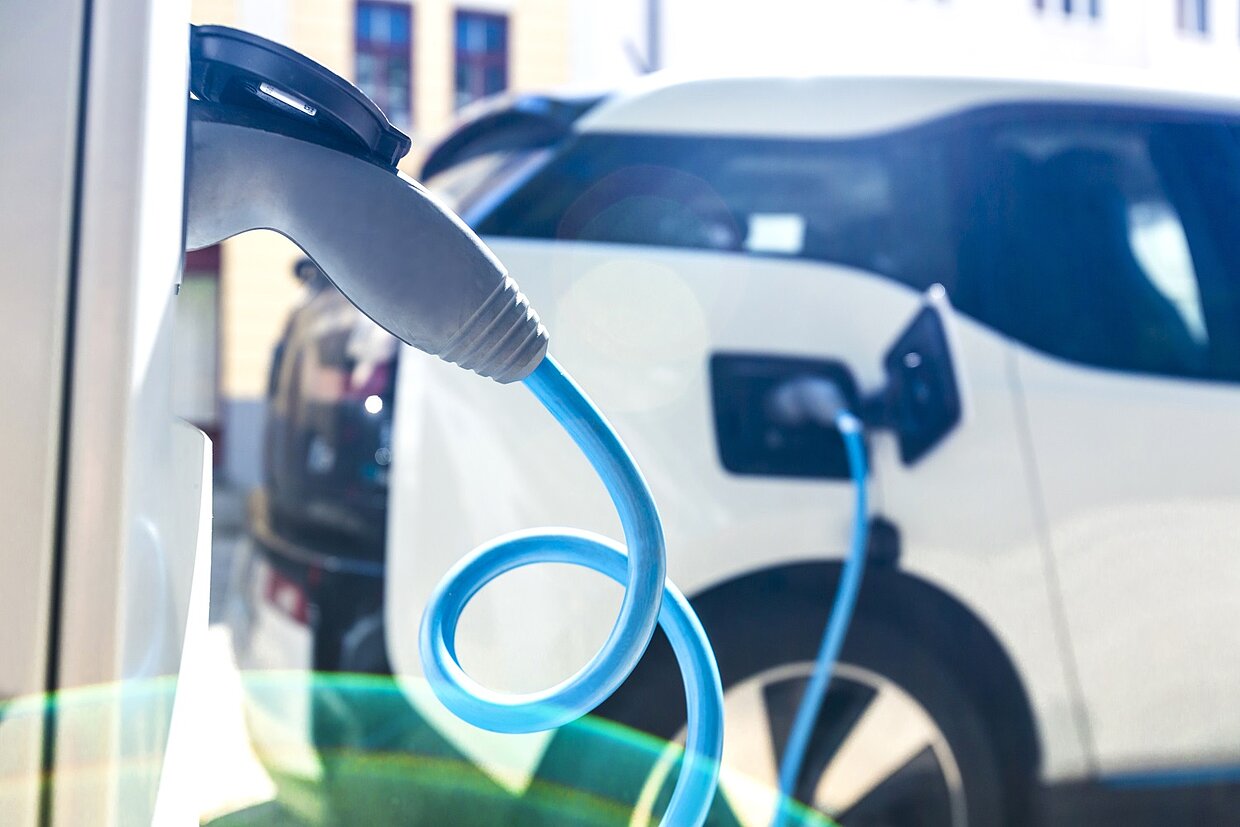
A fundamental prerequisite for successfully ramping up the electric mobility market is the provision of the right charging infrastructure. With this being a crucial factor for customer satisfaction and acceptance, e-mobil BW is driving the subject forward.

If electric mobility is to succeed, a comprehensive and demand-oriented network of standard and rapid-charging stations must be in place to fulfil various charging requirements. Home charging options are just as important as public charging options at work, at the journey's destination or en route for longer journeys. Building up a rapid-charging infrastructure across Germany is of vital importance in order to gain customer acceptance. The majority of rapid DC-charging stations provide a capacity of 50 kilowatts, with up to 350 kilowatts expected in the future.
As a minimum requirement today, all charging points across the EU must be fitted with the Combined Charging System (CCS), must be barrier-free and accessible without any prior contractual commitment. This has made different connectors and incompatible charging points a thing of the past.
A precondition for wider acceptance and utilisation of electric mobility is an always-available, demand-oriented charging infrastructure. For the convenient, everyday use of battery-electric vehicles, charging options at home and at work play an essential role.

Most often, vehicles are charged at home or at work. In future, electric mobility will have to be integrated into building, home ownership and tenancy law for use in private spaces. With the gradual ramp-up of electric mobility, property owners and tenants will increasingly have to deal with the integration of a charging infrastructure for electric vehicles into existing buildings. Information on the current legal situation and information for implementation can be found, for instance, in the guidelines by the National Platform for Electric Mobility (NPE), by e-mobil BW, and by the National Organisation for Hydrogen and Fuel Cell Technology (NOW GmbH).